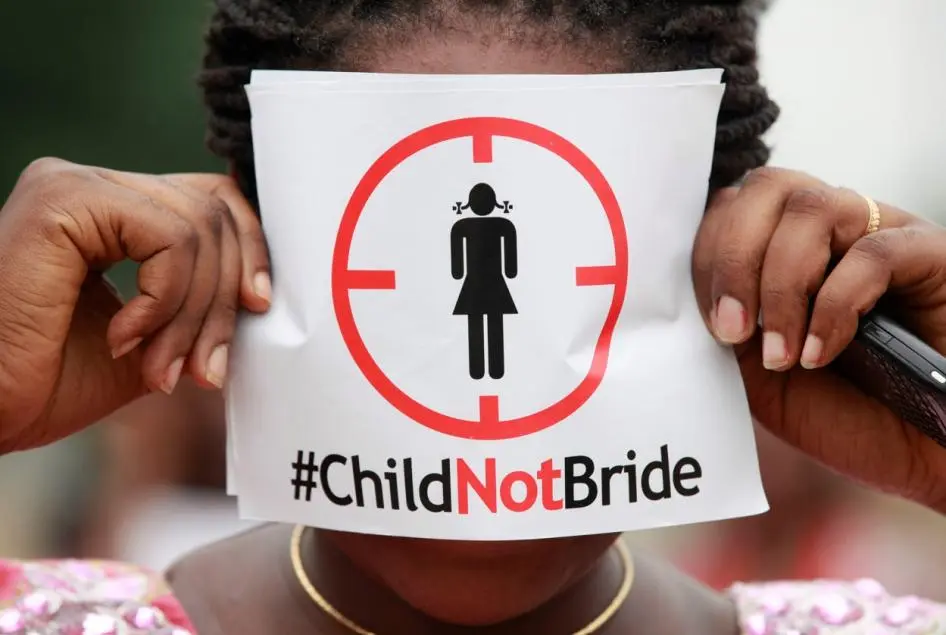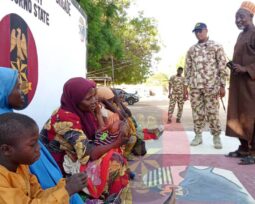By Aisha Balogun
According to UNICEF, over 12 million girls are married before the age of 18 every year, a number that remains deeply troubling, especially in regions where poverty, insecurity, and cultural traditions persist.
According to the United Nations, child marriage in Northern Nigeria remains a painful reality. In a report supported by the United Nations International Children’s Emergency Fund (UNICEF), 78% of girls are married before the age of 18.
Despite existing laws that set the legal marriage age at 18, cultural and religious influences continue to override the law in several communities.
One of the most controversial examples is that of former Zamfara State Governor, Ahmed Sani Yerima, who came under public criticism after reportedly marrying a 13-year-old Egyptian girl.
Although he was questioned by the National Agency for the Prohibition of Trafficking in Persons (NAPTIP), the case was later dropped due to insufficient evidence.
Yerima defended his actions on religious grounds, insisting that Islamic law allows marriage based on maturity rather than age.
But beyond that case, several recent incidents show the practice persists.
In Sokoto State, more than 20 girls between the ages of 13 and 15 were rescued from forced marriages this year by UNICEF and local NGOs. Many of the girls said they were eager to return to school and complete their education.
Also in Sokoto, a girl identified as Aisha, now 15, shared how she was forced into marriage at just 12 years old and pulled out of school — a story that mirrors the experience of countless girls across the region.
In Zamfara State, a lawmaker organized a mass wedding for 105 orphaned girls in July 2024, saying it was an act of charity for victims of bandit attacks.
The event, however, sparked public outrage, as rights groups raised concerns that some of the brides were minors.
A similar plan in Niger State was later suspended after widespread protests over the ages of the intended brides.
There are also continuing reports from Yobe and Borno States, where girls as young as 12 are being abducted, forcibly converted, and married off to insurgents.
In Somalia, a recent debate on the legality of child marriage sparked outrage after a proposed law sought to permit marriage once a girl reaches puberty.
The move was widely condemned by human rights advocates, prompting the government to reaffirm that marrying a child remains illegal under Somali law.
Colombia has also faced its share of controversy, but the country’s Constitutional Court recently took a firm stance — declaring that no minor can consent to marriage, a decision celebrated by child protection groups across Latin America.
Human rights organizations say the practice remains common in rural and insurgency-affected areas, often justified under cultural or religious traditions.
Experts say the root causes are clear: poverty, poor access to education, and weak enforcement of child-protection laws.
Although Nigeria’s Child Rights Act of 2003 prohibits marriage before age 18, several northern states have yet to domesticate or enforce it, leaving many girls without legal protection.
As the world marks this year’s International Day of the Girl Child, the message is simple:
Every girl deserves the right to grow, to learn, and to decide her own future.







